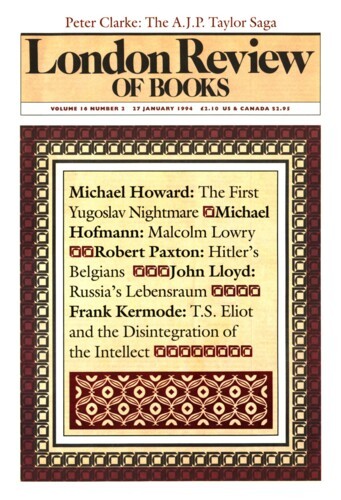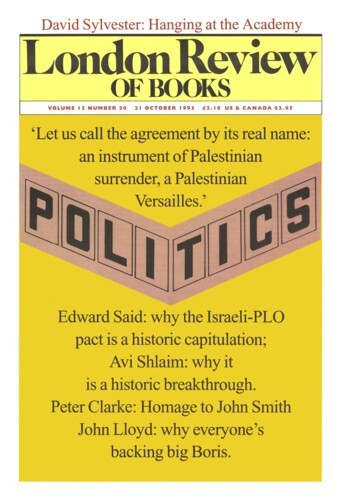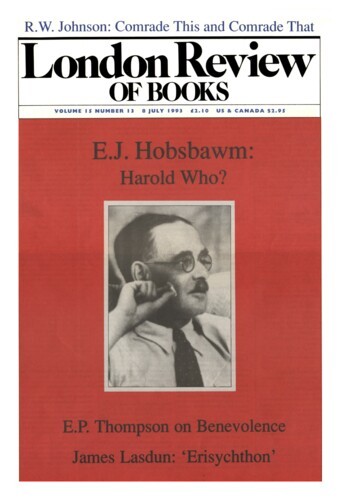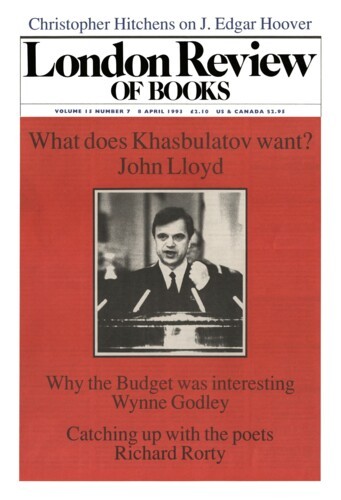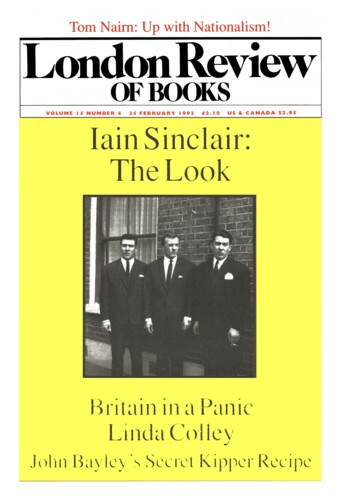On the morning of Sunday 3 October, Russia’s most treasured icon was borne into the Bogoyavlensky Sobor, the Cathedral of the Epiphany, in Moscow. The Madonna of Vladimir, a 12th-century depiction of the infant Jesus resting on the arm of an abstracted Madonna, was delivered to the church by Zil minibus. In spite of his recent heart trouble, Patriarch Alexei of Moscow and All Russia, his great grey beard stirring slightly in the autumn wind, was there to see it up the steps and along the nave of the magnificently painted, glowing interior of the church with which he is most closely associated.
On the morning of Sunday 3 October, Russia’s most treasured icon was borne into the Bogoyavlensky Sobor, the Cathedral of the Epiphany, in Moscow. The Madonna of Vladimir, a 12th-century...
